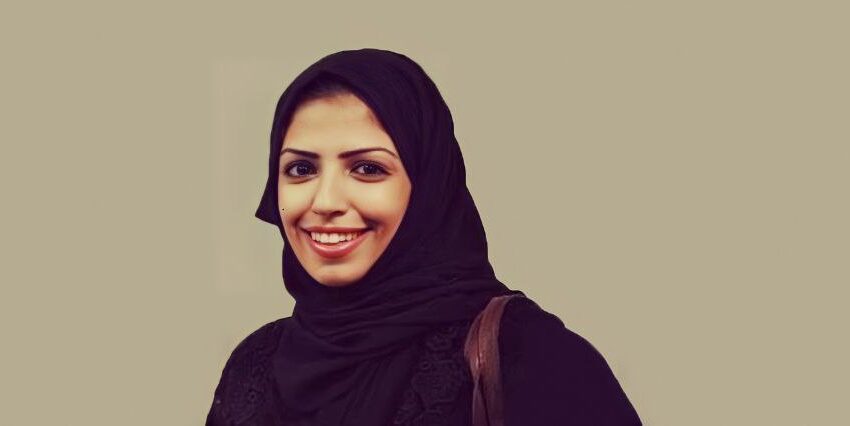
Saudi Arabia Arrests Leeds PhD Student For Twitter Use
The student in question is Salma al-Shehab. The 34-year-old mother of two is a PhD student in Leeds University’s School of Medicine. Describing herself as a dental hygienist and a medical educator, she was also a lecturer at Princess Nourah bint Abdulrahman University in Riyadh. A Saudi national, al-Shehab is a member of the country’s Shi’a minority, which has faced a history of repression by the Saudi government.
According to reports compiled by Amnesty International, al-Shehab was stopped for questioning while on holiday in Saudi Arabia in January 2021. That led directly to her arrest, just a few days before she was scheduled to return to the UK. According to Amnesty, al-Shehab was held in solitary confinement without trial for 285 days, and she was also prevented from accessing legal representation during this entire period.
When a trial and verdict eventually came in mid-2022, al-Shehab was initially sentenced to six years in jail. But following an appeal in August to Saudi Arabia’s Specialised Criminal Court, that sentence was extended to 34 years, to be additionally followed by a 34-year travel ban upon al-Shehab’s release.
Al-Shehab’s arrest stemmed from her Twitter use, specifically her following and retweeting of Saudi women’s rights activists. The Guardian notes that, while Al-Shehab’s social media following was relatively small, she was nonetheless vocal in her opposition to what she saw as injustice.
This was apparently enough for the Saudi court to justify the harsh verdict. According to Amnesty, the court argued that al-Shehab was an ally of “those who seek to disrupt public order, destabilise security and the stability of the state”. In the eyes of the court, this validated the charging of al-Shehab under Saudi Arabia’s counter-terrorism law.
Al-Shehab’s arrest has sparked shock and condemnation from multiple fronts. The University of Leeds, in a statement, said that it is “deeply concerned to learn of the recent development in Salma’s case and are seeking advice on whether there is anything we can do to support her”.
Meanwhile, a parallel statement from Leeds UCU condemned the arrest and verdict, calling “on the University of Leeds management to review and report to UCU on its institutional relationships with the reactionary authoritarian regime in Saudi Arabia” and calling on the Vice Chancellor to take an active role in advocating for al-Shehab.
Voices were also heard from numerous advocacy groups. The European Saudi Organisation for Human Rights (ESOHR) condemned the verdict, calling it “unprecedented and dangerous”. Amnesty International also released a statement denouncing the actions of the Saudi government and declaring that “the Saudi Arabian authorities must immediately and unconditionally release Salma al-Shehab”.
Additionally, Leeds University Union Amnesty International Society provided a statement to The Gryphon saying that they “are appalled by the wrongful imprisonment of Salma al-Shehab, particularly as a student at our university”. They further said that they “call for her immediate and unconditional release” and that they “hope that our fellow students will join us in taking action against these violations of human rights”.
Al-Shehab’s new verdict is timely given US President Joe Biden’s visit to Saudi Arabia in July, which human rights activists warned could encourage an increased crackdown by the Saudi government against dissidents. Pressure is mounting on the UK government to form an adequate response to Al-Shehab’s arrest.
Leeds Central MP Hilary Benn recently sent a letter to Prime Minister Liz Truss, calling on her to intervene with Saudi officials on behalf of Al-Shehab. However, as of this week, no contact has yet been made between ministers beyond officially raising the issue with the Saudi embassy.
Given that Liz Truss has previously hesitated to criticise Saudi Arabia’s human rights record, it remains to be seen what action the UK government will take to help free Al-Shehab.
Photo: ESOHR

